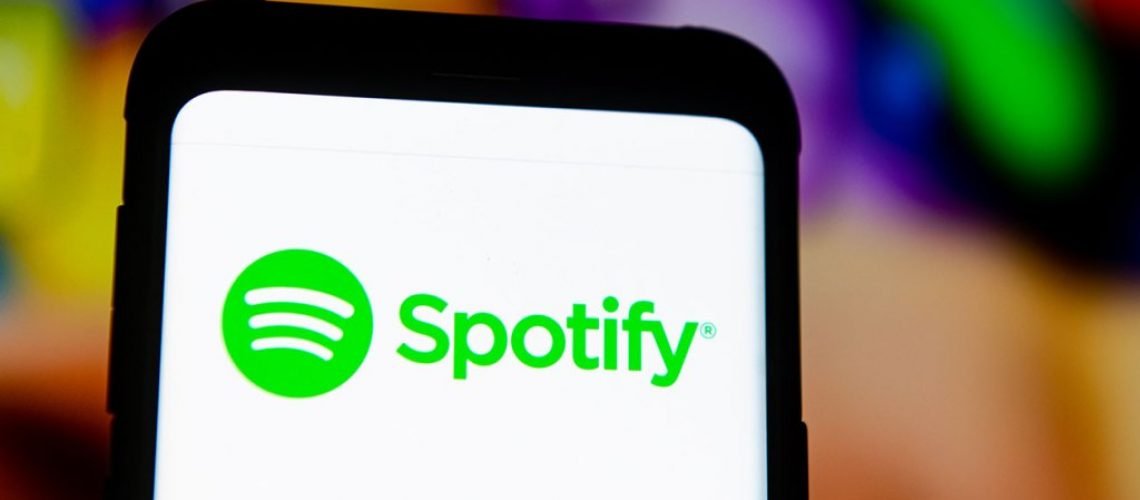At the end of 2019, the producer Full Tac was excited to learn that his jocular single “Where’s My Juul??” with Lil Mariko was going viral. But his joy proved short-lived: Another artist who had recorded a track titled “Bitch, Where’s My Juul?” accused Full Tac of musical theft and issued a copyright infringement claim on YouTube — something that’s easy to do by just filling out a form online.
“He was frustrated because he thought we had jacked his song,” Full Tac recalls. “I went and checked out his song on YouTube. The three words, ‘Where’s My Juul,’ were the single commonality between the two songs.” Nonetheless, platforms honor infringement claims to limit their own liability, so Full Tac and Lil Mariko’s track was pulled down, despite the fact that the request wasn’t grounded in truth.
“Does that derail your momentum in a moment like that when your song is a viral sensation?” Full Tac asks. “Absolutely.”
This tactic of using the takedown feature against a competitor or rival is more common on platforms like Instagram or TikTok. Both have a “report” function that is supposed to be used only for content that violates the platforms’ guidelines. But prominent influencers sometimes come under attack from rival fan-bases or bots who “report” their page en masse in order to get it pulled down.
Now a similar strategy appears to have spread to prominent music streaming services. “Kids are learning how to use the report tool” on Spotify, says one indie label owner. Accusing someone of copyright infringement is as easy as right-clicking on a track and filling out a form, and it can be done under an assumed name — the label-owner recently had a song earning 150,000 plays a day on Spotify, and someone issued a false infringement claim against it pretending to be one of the most popular Russian soccer players. The track was pulled down.
Like other prominent platforms, Spotify responds to infringement claims seriously by removing allegedly infringing songs, and you can report a song without breaking a sweat. Platforms honor an infringement claim whether the intentions behind it are legitimate or not.
“Anywhere there’s content and there’s some system with a trust mechanism to flag violations, there’s an opportunity for abuse and mis-use,” says Dae Bogan, head of third-party partnerships at the Mechanical Licensing Collective. “Bad actors are gonna do what they’re gonna do.”
In a statement, a spokesperson for Spotify noted that “copyright infringement is an industry-wide issue that Spotify takes seriously.” “We have robust, active mitigation measures in place that identify bad actors, limit their impact and penalize them accordingly,” the spokesperson added. “We are continuously evolving our efforts to limit the impact of such individuals on our service.”
The targets of unfounded takedown requests are usually independent artists who are experiencing commercial momentum but don’t have the layers of protection that come when you’re signed with a major music company. “If you put a claim against an indie artist, you’re going up against a kid in a bedroom who made a dope song,” the label owner says. “They don’t have a legal team” to fight on their behalf.
On top of that, artists working with major labels or prominent distributors usually already have a pre-release vetting process in place to make sure samples are cleared — these acts know that an infringement can result in a very costly lawsuit. At that level, the takedown requests don’t come from random people on the internet. They come from high-powered lawyers.
In cases when people misuse Spotify’s report tool, however, there’s not much recourse for artists whose work has been targeted. When someone issues a copyright claim against a song on Spotify, the platform wants the artist behind the track and the accuser to work things out themselves. The easiest way to get a song that’s not infringing re-uploaded, label sources say, is to get the person who issued the false claim to release it. That puts a lot of power in the hands of the person who filed that claim in the first place.
“I could just not like a record, claim it was infringing, and then not respond to [the artist behind the record] when they reach out to me,” says one manager. “Then that record would be held in purgatory unless they have a relationship with Spotify that can help them undo [the takedown].” Since most artists — especially independent ones — don’t have these kinds of direct relationships with streaming services, this leaves them with few options to get their song back on Spotify. And so, in a worst case scenario for developing acts, getting hit with an unfounded takedown request “can take the gas out of a song,” says the manager, just as it’s starting to stick with listeners.
Another manager who requested anonymity to discuss his experience with a viral hit that was pulled down wasn’t able to compel the person behind the false takedown request to email him back. The manager’s client had bought the exclusive license to a beat online, but a number of other acts had previously obtained what are known as “basic licenses” — they were allowed to use the instrumental under a limited set of circumstances. As a result, multiple songs built around the same beat were floating around the internet.
When the artist with the exclusive rights to the instrumental started to obtain viral traction, other people “who had their own songs using the same beat saw it as competition,” the act’s manager says. “One of them submitted a takedown on Spotify,” even though the artist who was going viral had the rights to release his song using the same beat as his rival.
It took around three weeks for the manager to make contact with the person behind the unfounded takedown request, who was not responding to emails. The manager stalked the artist on Instagram, found a phone number, cold-called him, and convinced him to remove his infringement claim by promising to offer career advice in exchange.
“We had some momentum and we didn’t want to lose that, so we were freaking out,” the manager says. “We lost money.”




